Merriam-Webster announced on November 27 that the most searched word of 2023 in their English dictionary is "authentic". This is an adjective with several layers of meaning such as accurate, not fake / counterfeit, true to character / spirit / characteristics. This is also the origin of the word "authentic goods", a slang commonly used in Vietnam to refer to genuine goods, not fake or counterfeit goods.
"The rise of AI (artificial intelligence) has brought this word into focus. The line between 'real' and 'fake' is becoming increasingly blurred," Reuters quoted Peter Sokolowski, editor of Merriam-Webster.
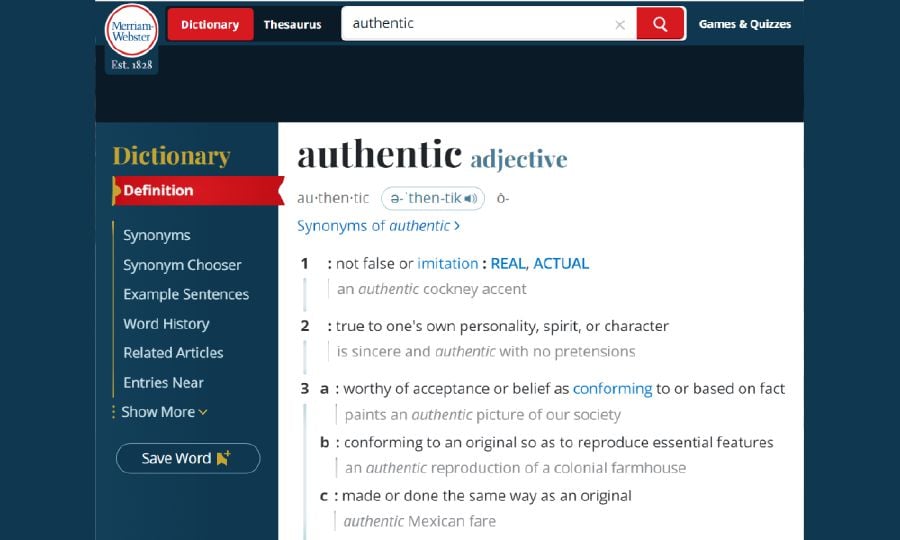
The word "authentic" is annotated in Merriam-Webster's online English dictionary.
In a press release, Merriam-Webster said that while "clearly a desirable quality, 'authentic' is difficult to define and controversial - two reasons why it brings many people to the dictionary". It owns one of the world's most popular online English dictionaries, alongside the Cambridge, Oxford, Collins and Longman dictionaries.
Merriam-Webster also said other prominent words on the 2023 search list included "rizz" - a word created from internet slang that means "attractiveness or charm" as a noun, and "to charm or seduce" as a verb; "deepfake" - images or speech that have been altered to misrepresent what someone said or did; and "coronation" - a word that was searched a lot for the official coronation of King Charles III in England in May.
The Cambridge Dictionary previously announced "hallucinate" as its word of the year for 2023. The verb, which originally means to see, hear, feel, or smell something that isn't there, usually as a result of a hallucination, is now also used to refer to AI creating false information. Meanwhile, the Collins Dictionary's result is "AI," which stands for "artificial intelligence."
Source link


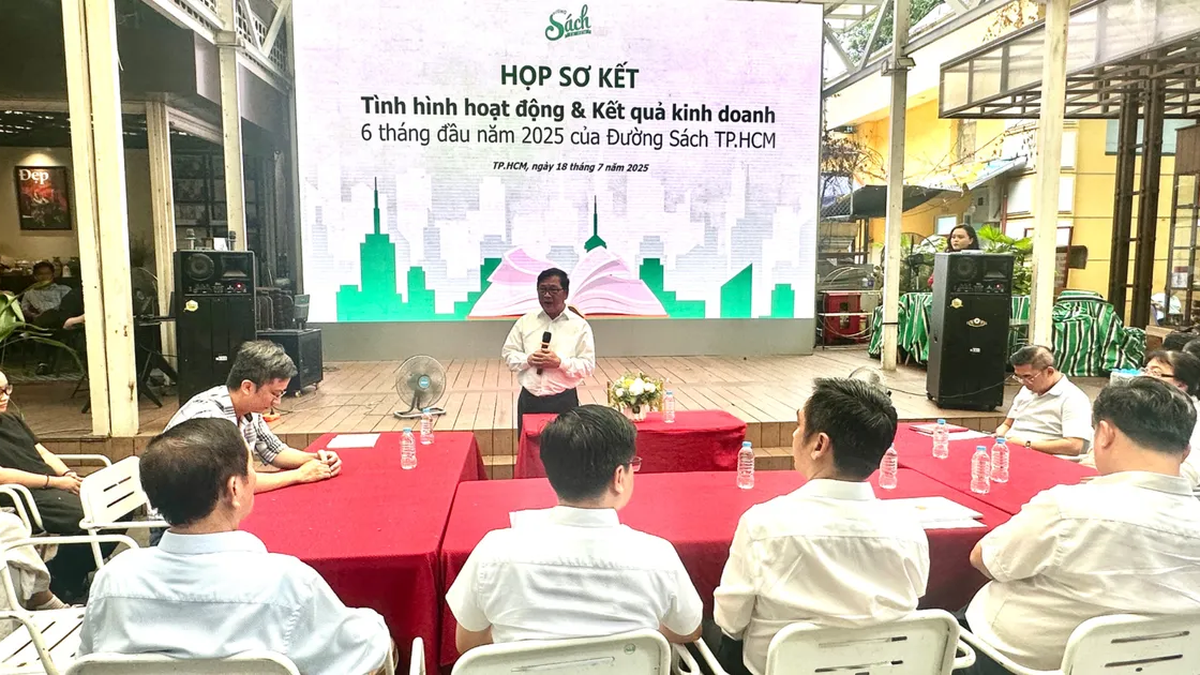



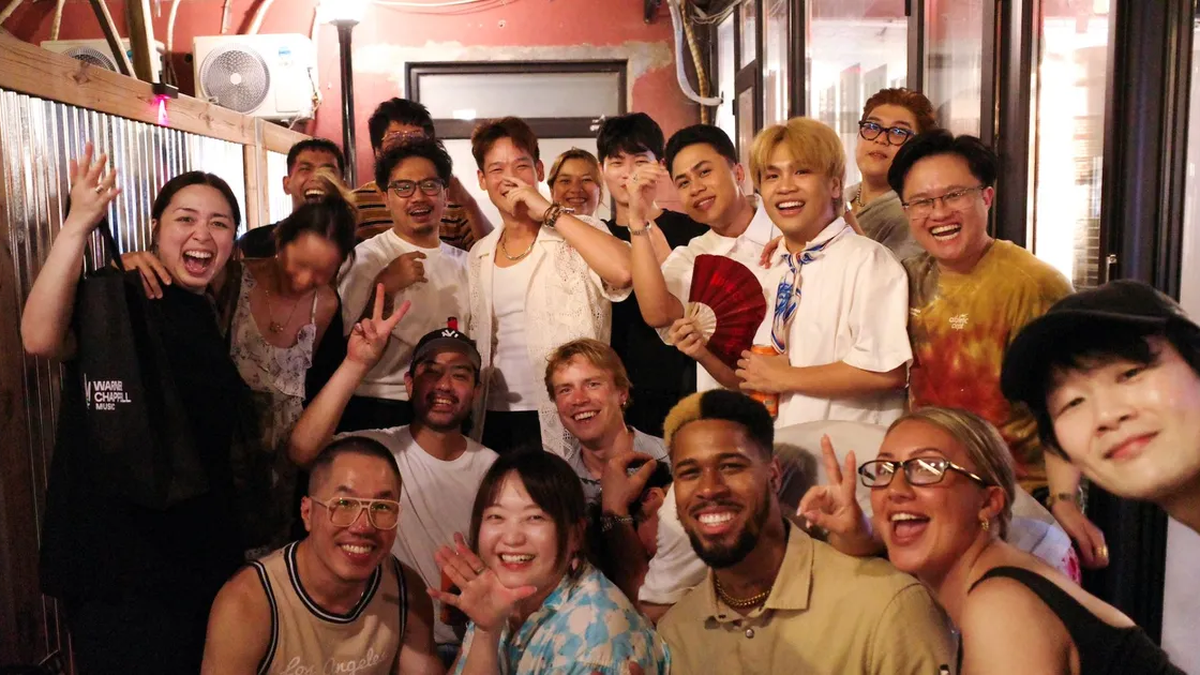
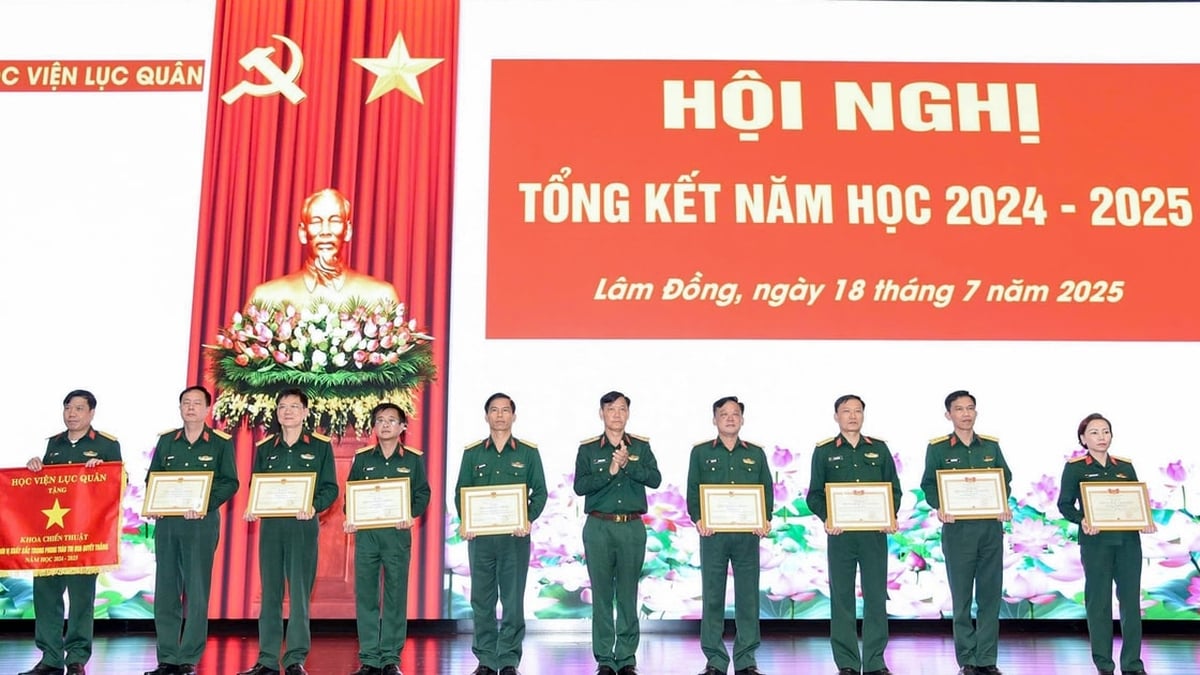
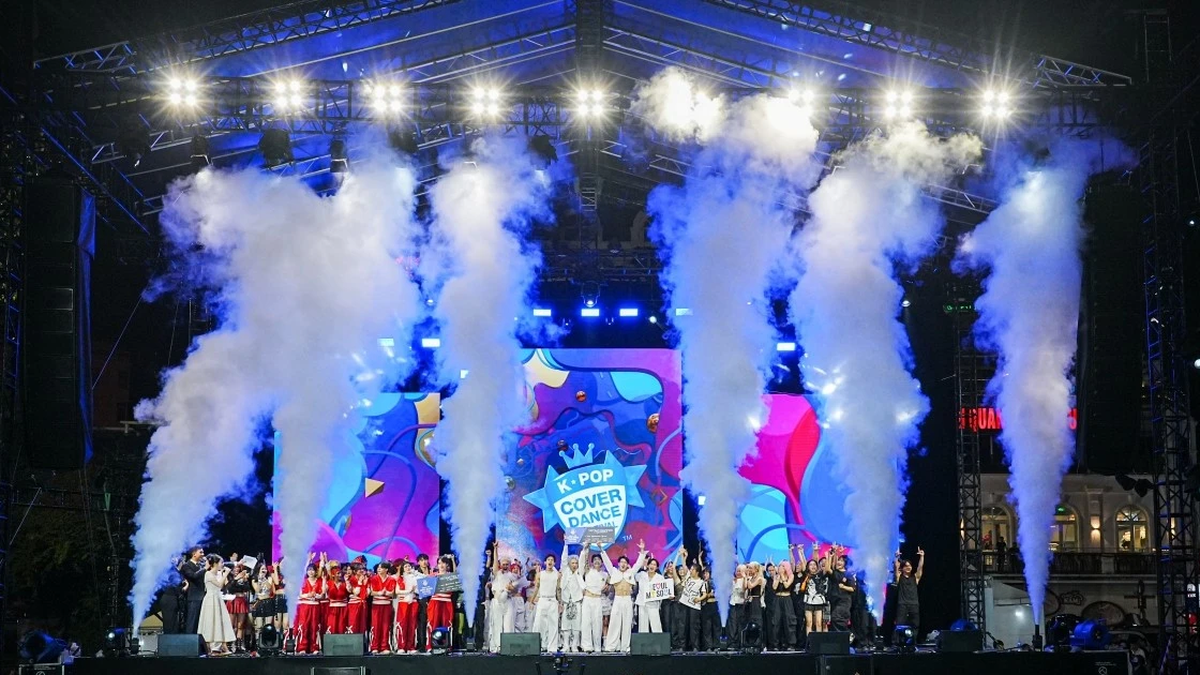

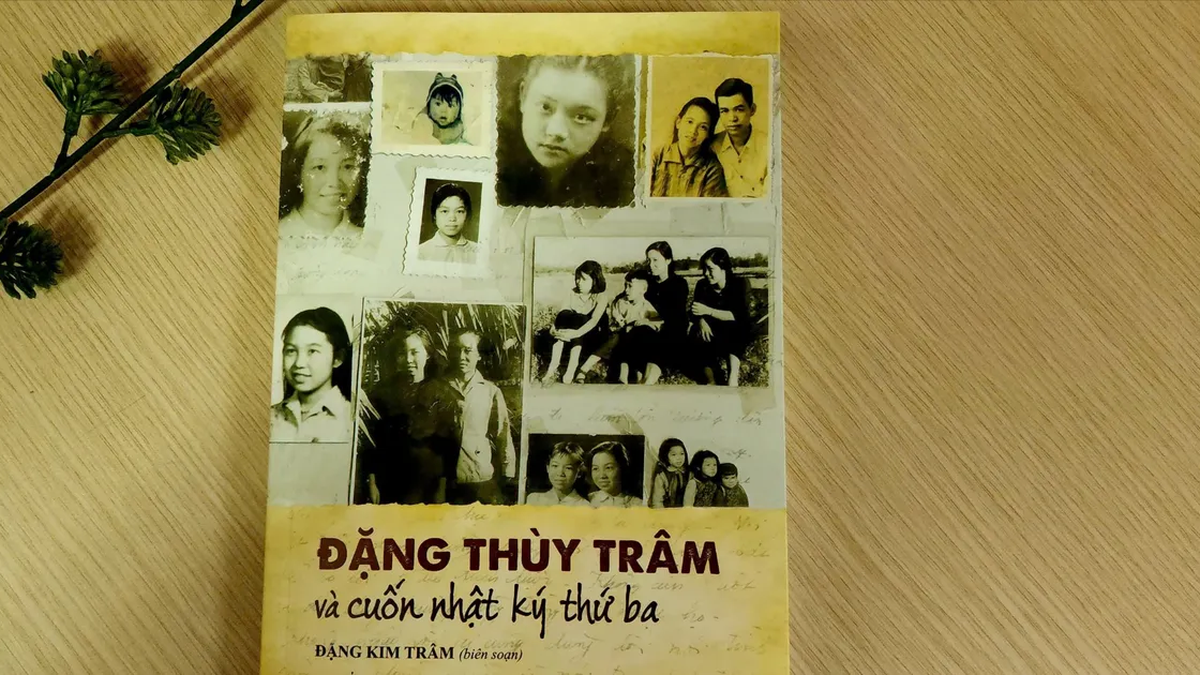













































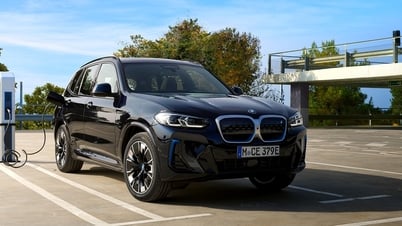













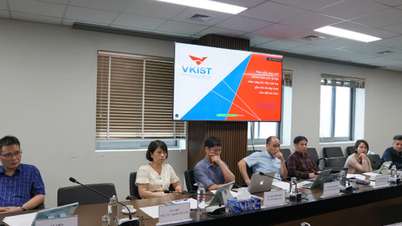

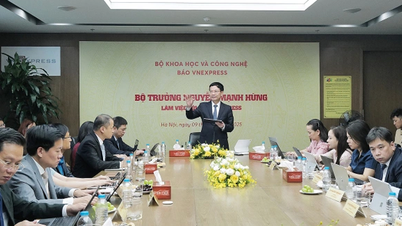

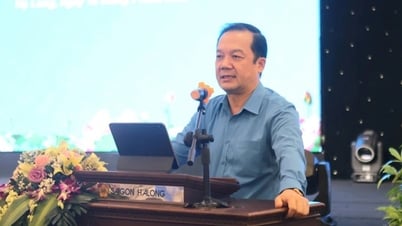


















![[Infographic] In 2025, 47 products will achieve national OCOP](https://vphoto.vietnam.vn/thumb/402x226/vietnam/resource/IMAGE/2025/7/16/5d672398b0744db3ab920e05db8e5b7d)





Comment (0)